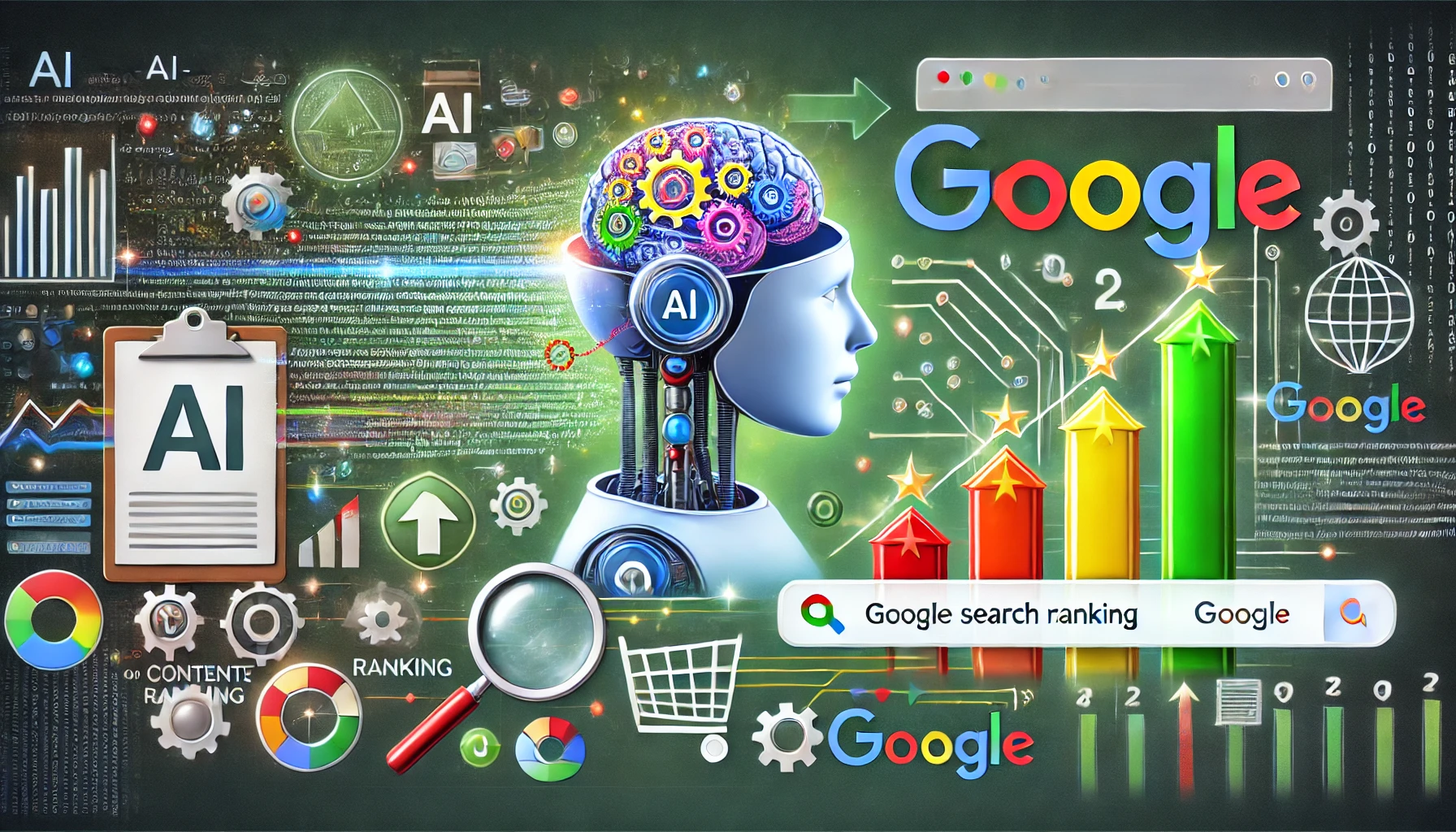The impact of Google Search indexing on AI-generated content is a nuanced topic, shaped by Google’s evolving algorithms and content quality guidelines. Here are some key factors to consider:
1. Content Quality
- Helpful Content Update: Google’s recent updates, such as the “Helpful Content Update,” place a strong emphasis on content that serves the user’s intent. AI-generated content, when tailored to be informative, engaging, and aligned with users’ search queries, can rank well.
- Originality and Value: AI content needs to provide unique insights or present existing information in a more accessible, valuable format. Google tends to demote content that is redundant, thin, or lacks meaningful human perspective.
2. Spam Detection
- Google’s algorithm is sophisticated at detecting low-quality, automatically generated content designed solely to manipulate rankings. If AI-generated content is overly generic, repetitive, or stuffed with keywords, it risks being flagged as spam.
- Use of AI for Scale: While AI can efficiently produce large volumes of content, this can lead to duplication or near-identical content, which Google may penalize.
3. Authoritativeness and Trustworthiness
- Google values E-E-A-T (Experience, Expertise, Authoritativeness, Trustworthiness) in content. AI-generated content can rank well if it meets these standards. However, human oversight is crucial to ensure accuracy and authoritative references.
- Factual Accuracy: AI models may sometimes generate incorrect or outdated information. This can negatively impact the ranking, especially if Google’s algorithm detects conflicting or misleading data.
4. User Engagement Metrics
- Google’s ranking algorithms consider user engagement metrics like click-through rates, bounce rates, and time on page. AI-generated content that successfully engages users (e.g., by answering questions concisely or providing in-depth, structured insights) is more likely to be indexed and rank well.
5. Human Oversight
- Hybrid Approach: Content that combines AI generation with human review and optimization tends to perform better. Human editors can refine tone, enhance readability, and verify accuracy, making the content more suitable for Google’s indexing standards.
6. Ethical Considerations
- Transparency: Google advises content creators to disclose if content is AI-generated, especially in sensitive fields like health or finance. Being transparent about the use of AI may enhance trust with users and improve SEO.
Conclusion
AI-generated content can perform well in Google Search if it is optimized for quality, originality, and user engagement. However, low-quality, spammy, or factually incorrect content is at risk of de-indexing or demotion. A balanced approach—leveraging AI for efficiency and human expertise for oversight—yields the best SEO outcomes.






